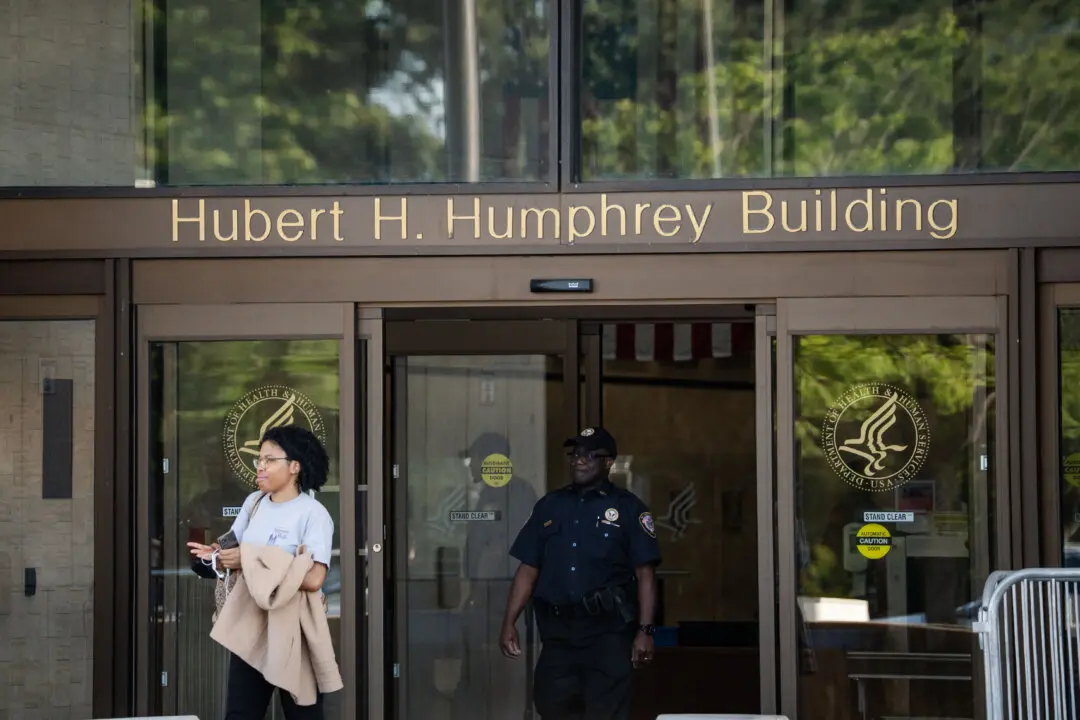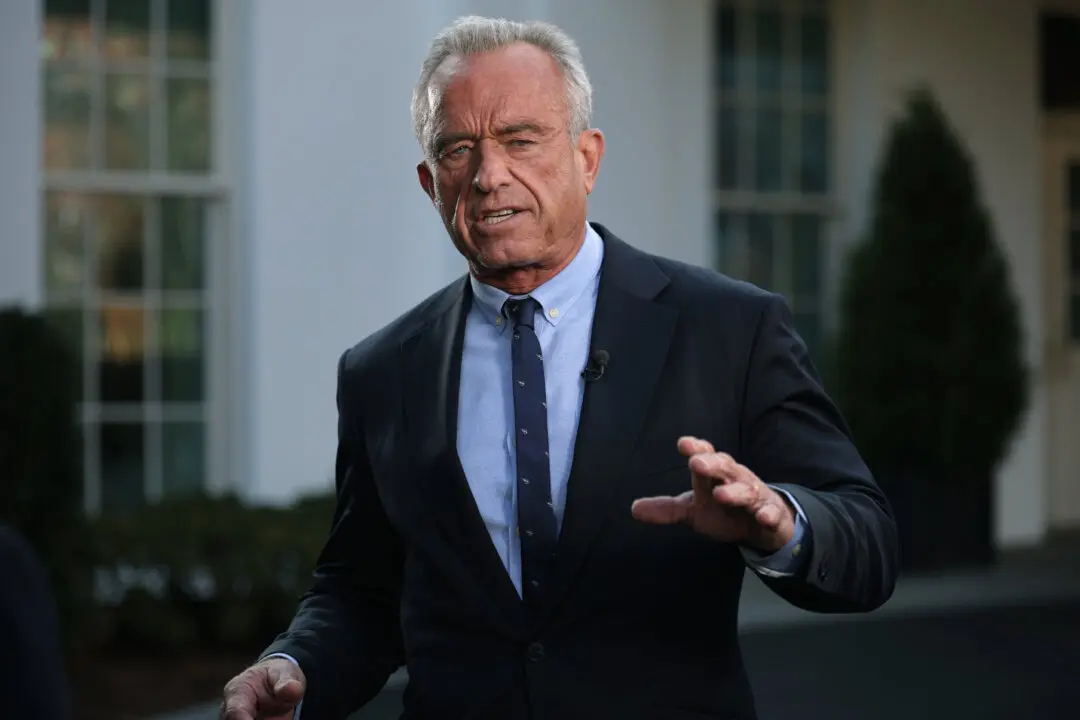The American Israel Public Affairs Committee (AIPAC) said Sen. Bernie Sanders (I-Vt.) launched “an odious attack” against the group’s upcoming conference after Sanders said he wouldn’t attend the event.
“Senator Sanders has never attended our conference and that is evident from his outrageous comment,” AIPAC, which says it is America’s pro-Israel lobby, said in a statement on Feb. 23.





